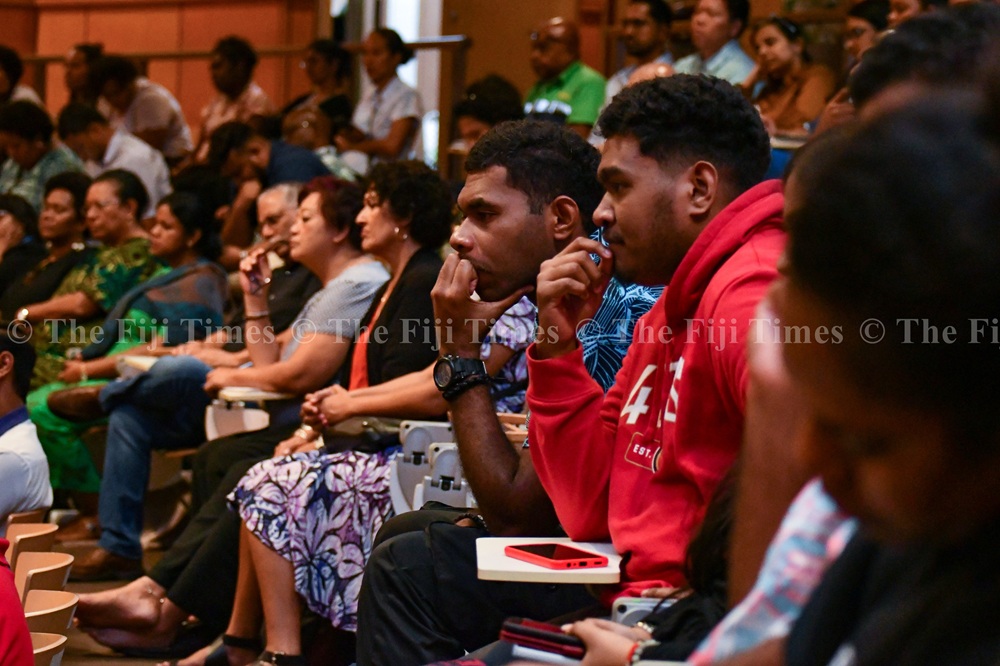The financial fallout from Tropical Cyclone Yasa has exposed the deep vulnerability of Fiji’s business sector, with losses estimated at $25million and a staggering 92 per cent of businesses affected — yet shockingly, only 1 per cent were insured against such disasters.
This alarming reality was highlighted by Star Printery director Sandeep Chauhan during the National Climate Action Dialogue panel discussion at USP in Suva this week.
Mr Chauhan cited the TC Yasa Business Survey 2021, conducted by the International Finance Corporation (IFC) and the Commerce and Trade Ministry to underscore the devastating impact on the business community.
“The survey also revealed that in the aftermath of the cyclone, 29 per cent of the surveyed businesses were either hibernating or had permanently closed down,” Mr Chauhan said.
“This highlights a fundamental fragility in the business ecosystem, where a single disaster can wipe out a significant portion of the private sector.
“In this case the significant portion is MSMEs and they account for approximately 70 per cent of the business landscape.”
Mr Chauhan welcomed the recent announcement of parametric insurance for MSMEs by the UN Capital Development Fund (UNCDF) and the Asian Development Bank, though he noted details of the initiative remained to be seen.
Mr Chauhan said while the Government had made monumental strides, the reality for a business on the frontlines of climate change was one of persistent vulnerability and a frustrating lack of tangible support.
“Recent reports from the IMF and New Zealand’s Ministry of Foreign Affairs and Trade confirm the average asset loss from tropical cyclones and floods is still over $500million annually (approx. 17 per cent of our GDP).
“This is a persistent and unaddressed problem. As the private sector, we’re absorbing this cost, and it’s eroding our capital.”
He said this also meant that the country was collecting less by way of tax to address critical infrastructure problems.
“To put this in perspective, if we did not have this problem for four years, we could fix our water and health/hospital problems.”
He said while they were happy about the Fiji Development Bank’s accreditation to the Green Climate Fund (GCF), the financing model was not a practical solution for the majority of Fiji’s businesses.
“GCF projects in Fiji are multi-million dollar initiatives, like the $10million Ovalau Agro-photovoltaic project, this is perhaps on a smaller scale as the quantum is usually tens of millions.
“MSME’s don’t require funds on this scale as their requirements are quite small.
“However, the cost of borrowing in some cases is also higher than what the commercial banks would charge.”
Mr Chauhan said a 2023 report by the Pacific Islands Forum Secretariat confirmed that the biggest barrier for Fiji’s private sector was the lack of resources and expertise to undertake large-scale climate change projects.
“Our MSMEs, who form the backbone of our economy, are simply excluded.”

